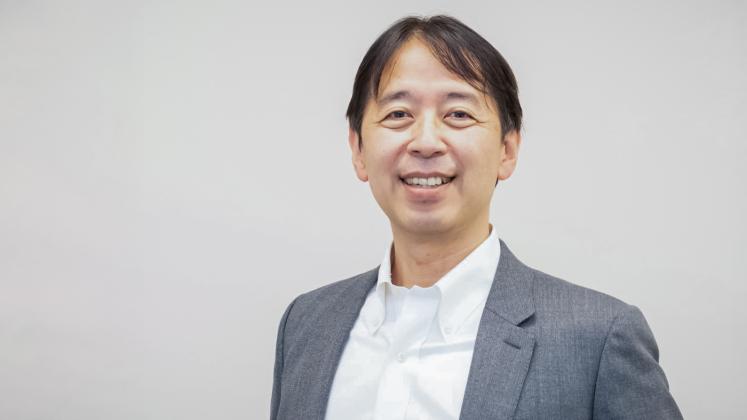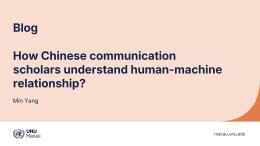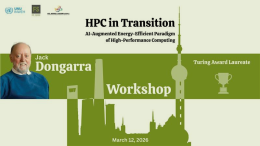On 24 July 2025, UNU will host “The Future of Language Education: Nurturing Democracy Through Participation and Critical Thinking in an Age of AI”, a conversation with Dr. Jun Saito, the founder and CEO of J PREP. This event will start at 18:30 in the 2F Reception Hall at UNU Headquarters in Tokyo.
The field of language education has seen major shifts over the past few decades, especially with the rise of digital tools. Apps like Duolingo have made it easier than ever for people from different backgrounds to learn new languages. In Japan, English remains a key part of the school curriculum, but much of the focus is on grammar and exam preparation, rather than on communication or broader thinking skills. At the same time, the rapid growth of artificial intelligence (AI) is raising new questions about how we teach and learn languages in today’s world.
As technology reshapes how students learn languages, it also raises deeper questions about how education can support engagement with society and democracy. In Japan, civic participation among young people has been steadily declining. Voter turnout for people in their 20s has remained low in national elections, reflecting a growing sense of disconnection from politics and public life. This decline comes at a time when democratic values and institutions face increasing challenges, both globally and at home. As society becomes more complex and driven by technology, schools are being called on to do more than teach academic subjects. They are also expected to help students develop critical thinking skills, a sense of social responsibility and the confidence to participate actively in shaping their communities.
Dr. Jun Saito will join Ms. Kyra “Kiki” Bowman, UNU Head of Communications, for a discussion on the nexus of language education and fostering civic participation and how the role of AI plays into this. What is the future of language education with the expansion of AI and technological tools? How can we continue to nurture independent, critical thinking in an age where AI can easily generate answers for us? What is the role of language education in strengthening democratic participation and civic mindedness among youth?
The UNU Conversation Series aims to foster audience participation; you are encouraged to engage with the speakers during the conversation and at the reception that will follow, where all event attendees are invited to enjoy hors d’oeuvres and drinks while exchanging ideas and making new contacts.
Please note that this event will be in English. Advance registration (by 23 July at 15:00) is required. Please click on the REGISTER button above to access the online registration page. Please be prepared to present identification at check-in.
UNU@50
This event is part of the UNU 50th anniversary celebration. To learn more, visit: https://unu.edu/unuat50
About the Speaker
Dr. Jun Saito is the founder and CEO of J PREP, a Tokyo-based English language school for students seeking college education domestically and abroad. J PREP was founded in 2012 and is a pioneer for transforming English education in Japan by building on both strong linguistic and intellectual foundations. Mr. Saito’s vision centres on providing high-quality English education as a means to broaden students’ worldviews, with the long-term goal of improving the overall quality of the Japanese education system from the ground up, rather than merely preparing students for entrance exams.
Mr. Saito was an Assistant Professor in the Department of Political Science at Yale University until 2012. Before joining the Yale faculty in 2008, he taught at Wesleyan University and Franklin and Marshall College. He also received his PhD in Political Science at Yale. His academic research focuses on the institutional determinants of representation and redistribution. In particular, he is interested in how choices of constitutional structures and electoral institutions translate into redistributive consequences. At Yale, he taught courses on Japanese politics, international relations and the comparative political economy of East Asia.
In 2002, Mr. Saito, at the age of 33, ran a grassroots campaign and was elected to Japan’s Parliament, becoming the only opposition candidate to win among seven contested seats. His experience as a young, engaged citizen, paired with his humble rural background, positioned him as a citizen-focused candidate committed to political reform and economic revitalization. Though he was defeated in the 2003 re-election, his direct experience in national politics remains significant.





